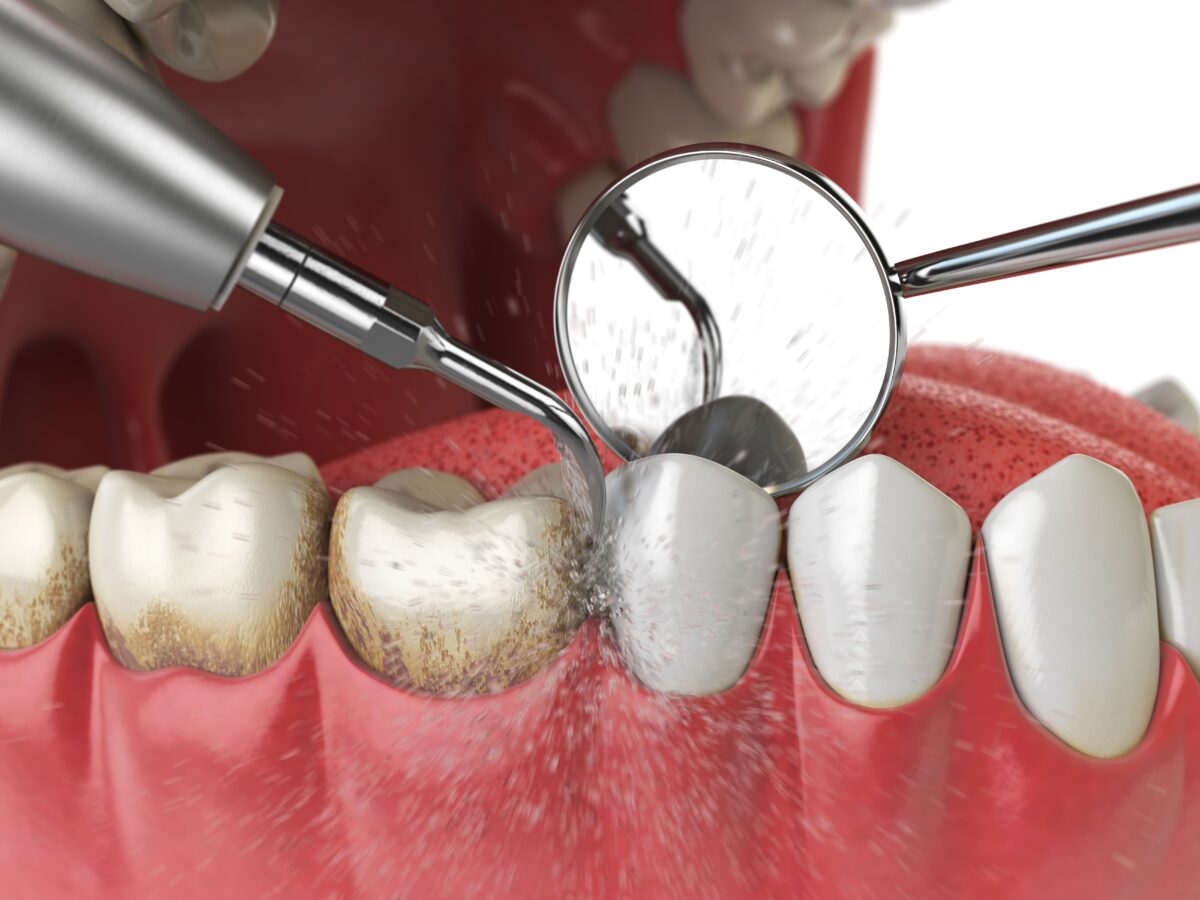What Your Dentist Can Tell About You From a Cleaning

A dental cleaning might seem like a simple appointment. You sit back, your dentist or hygienist scrapes and polishes your teeth, maybe you get a fluoride treatment, and you’re out the door. But behind the scenes, there’s more going on. Dentists can spot things about your health and habits just from a routine cleaning.
They’re not just looking at your teeth. They’re reading the signs your mouth is giving off. And those signs can tell them a lot about you.
1. If You Floss (Or Don’t)
It’s one of the first things they notice. Bleeding gums, red or puffy tissue, and plaque build-up between teeth all scream no flossing. You can’t fake it. Even if you floss the night before your visit, your gums give you away.
Healthy gums look firm and pink. If they’re swollen or bleed easily, it’s usually a sign of poor flossing habits. an Ottawa dentist see it every day. They won’t shame you—they’ve seen worse—but they’ll likely bring it up.
2. How You Brush
The way you brush leaves behind clues. Brushing too hard wears down the enamel and creates notches near the gum line. Dentists can see the damage right away. It can even cause tooth sensitivity.
On the flip side, if you’re not brushing well or often enough, plaque builds up fast. Dentists notice food stains, soft tartar, and bad breath. Sometimes people miss the back molars or forget the gum line. All that shows up during a cleaning.
3. If You Grind Your Teeth
Teeth grinding—also called bruxism—is something many folks don’t even know they do. But dentists spot the signs right away. Flattened teeth, tiny cracks, worn edges, and jaw soreness all point to grinding.
This habit often happens at night. If left alone, it can lead to serious damage. Your Nepean dentist might ask if you wake up with headaches or if your jaw feels tired. In most cases, they’ll suggest a night guard.
4. Signs of Stress
Stress shows up in the mouth in more ways than you’d think. Teeth grinding is one, but so is cheek biting. Some people clench their jaws, which leads to sore muscles or tightness.
Others may show signs of dry mouth, which can be linked to stress or medications. Your dentist might ask questions that seem personal, but they’re only trying to figure out what’s causing the issue.
5. Your Diet
What you eat affects your teeth. Sugary foods leave behind acids that eat away enamel. Soda, coffee, and tea cause staining. A dentist can usually guess your diet just by looking at your teeth.
They may notice if you’re drinking a lot of energy drinks or citrus juices too. Acid wear shows up as thinning enamel, dull teeth, and sometimes even pain.
6. If You Smoke
Tobacco leaves obvious signs. Yellow stains on teeth and fingers. Bad breath. Tartar buildup. Gum disease. Even if someone only smokes a little, a dentist can tell.
Long-term smoking affects healing and increases the risk of oral cancer. Your dentist might gently bring this up, especially if they see warning signs like white patches or sores.
7. Other Health Problems
Sometimes your mouth shows signs of bigger health problems. Gum disease links to heart disease and diabetes. So if you have frequent infections or bleeding gums, your dentist may suggest a check-up with your doctor.
Dry mouth could be caused by medications or conditions like Sjogren’s syndrome. A fungal infection like thrush may point to a weakened immune system. Dentists can even spot signs of anemia by looking at your gums and tongue.
8. If You’re Pregnant
Pregnancy affects hormones, and that affects the gums. Many pregnant women develop “pregnancy gingivitis.” It makes gums red, puffy, and more likely to bleed. If your dentist sees this and you haven’t told them you’re pregnant, they might ask.
Pregnancy also affects your body’s reaction to plaque. That’s why dental cleanings are important during pregnancy. Some women skip them, but it’s actually safer to go.
9. How Long It’s Been Since Your Last Visit
You might say, “It’s only been six months,” but your mouth tells the truth. Tartar builds up in layers. The deeper the buildup, the longer it’s likely been.
Plaque becomes tartar in 24 to 72 hours. Once it hardens, you can’t brush it off. Only a dentist or hygienist can remove it. If there’s lots of tartar or heavy staining, it’s a sure sign it’s been a while.
10. If You’ve Had Past Dental Work
Even if you don’t mention it, a dentist can spot fillings, crowns, root canals, implants, and braces. They check to make sure everything’s still in good shape.
Old fillings may crack or leak. Crowns sometimes need replacing. If you’ve had braces in the past but stopped wearing your retainer, your teeth might’ve shifted. All of this shows up during a cleaning.
A Nepean dentist doesn’t need to ask a ton of questions to know what’s going on with your oral health. A simple cleaning gives them a big-picture view of your habits, health, and lifestyle.
It’s not about judging. It’s about helping. When you know what your dentist can see, it makes it easier to be honest and ask questions. Regular cleanings aren’t just for fresh breath—they’re a window into your overall health.
So the next time you’re sitting in that chair, just remember—your mouth tells your story. And your dentist is listening.









